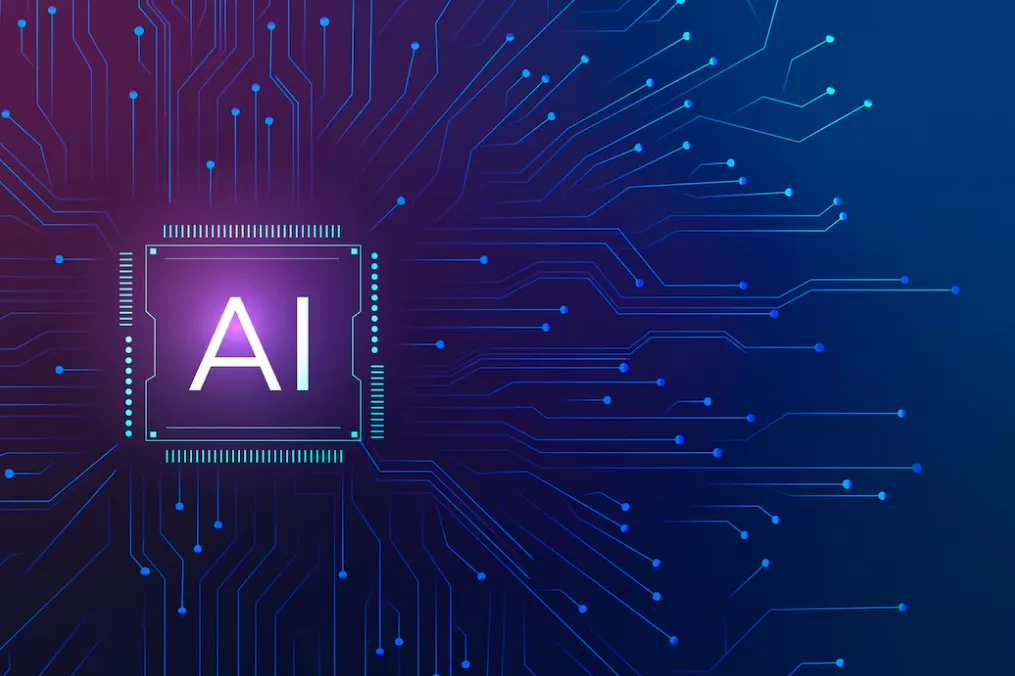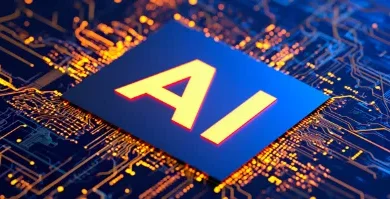What’s the Role of Artificial Intelligence in Our Future?

Artificial intelligence (AI) is a revolutionary factor that can influence the future. Technological innovation continues as the globe moves farther into the twenty-first century. AI impacts every facet of people’s lives. It fosters industry transformation and innovation. People’s interactions, jobs, and worldviews are all affected.
AI technologies are transforming society from self-driving vehicles to clever virtual assistants. They presented unmatched prospects for growth. In addition, this new technology has complicated problems and moral conundrums.
Knowing artificial intelligence’s future role is crucial in this ever-changing world. There’s no other way to realize its promise for human progress fully.
AI and Entertainment
AI algorithms find a place in fraud detection in the online casino sector. They ensure fair play and enhance security. AI-driven recommendation systems also help customize gaming experiences for individual players. If one wants to explore this technology, Canada’s finest online casino awaits you for a fantastic experience. This platform increases user satisfaction and loyalty.
Furthermore, AI plays a pivotal role in the entertainment industry. It transforms how people consume and interact with content across various platforms. AI has revolutionized gameplay experiences in the gaming industry, enhancing realism and complexity.
AI-driven characters and opponents can adapt to players’ strategies. Thus offering challenging and immersive gaming experiences. Moreover, AI algorithms help with the procedural generation of game content. They allow developers to create vast and dynamic virtual worlds.
In mobile apps, AI-powered personalization reshapes user experiences. It provides tailored content recommendations, predictive text input, and even app virtual assistants. This customized strategy does more than just increase user engagement. It also improves retention rates.
AI’s role in entertainment is multifaceted. The technology pushes the boundaries of innovation and creativity across gaming, mobile apps, and online casinos.
Including AI in the Workforce
AI has become commonplace in many fields. It provides new technologies that change conventional job responsibilities and procedures. Natural language processing systems and machine learning algorithms are examples of AI technology. These facilitate the automation of monotonous jobs, optimize company processes, and enhance human talents.
In sectors like manufacturing and logistics, autonomous systems and robots with artificial intelligence (AI) capabilities are boosting productivity and efficiency. They do routine tasks, including labor on production lines and inventory management. AI relieves human workers of tedious chores so they may focus on more creative and strategic aspects of their employment. As a result, it promotes innovation and problem-solving.
Furthermore, AI enhances decision-making processes within organizations. It’s capable of doing extensive data analysis and producing valuable insights. Through predictive analytics, AI algorithms can forecast trends, predict customer needs, and optimize resource allocation.
This enables businesses to make informed decisions faster and better, thus improving outcomes and competitive advantages. Additionally, AI-driven virtual assistants and chatbots transform customer service. They support functions by:
- Providing immediate help
- Answering inquiries
- Resolving issues around the clock
This not only enhances customer satisfaction but also reduces company operational costs.
Arts and AI
The fusion of artificial intelligence and the arts has spurred innovation and creativity in several fields. Artificial intelligence systems can produce literature, music, art, and visual content design. Generative art is one of the most well-known uses of AI in the arts. There, creative artwork is produced by algorithms.
These instruments can create various artistic styles, from lifelike pictures to abstract compositions. They frequently conflate innovation produced by humans and machines.
AI also alters the process of writing and producing music. AI-powered systems can analyze large music databases. These developments enable the recognition of structures and patterns.
Additionally, AI algorithms can mimic the styles of famous composers or create novel musical compositions. This fusion of technology and creativity opens up new possibilities for musicians and composers. It enables them to explore unconventional sounds and experiment with innovative musical forms.
In writing, AI assists writers in various aspects of the creative process. Natural language processing algorithms can generate text, suggest plot ideas, and even mimic the writing style of famous authors.
Is AI Safe?
AI has great potential and is beneficial in a wide range of industries. Its safety is still crucial, though. These technologies can transform whole sectors, boost productivity, and improve judgment. However, it may be dangerous if AI is not correctly created, used, and supervised.
Concerns about AI safety encompass:
- Data privacy
- Security vulnerabilities
- Algorithmic biases
- The potential for unintended consequences
It’s essential to recognize that AI algorithms are only as reliable as the data they have learned. This means AI can be unreliable and produce false data based on the learning information given. Moreover, AI systems can be vulnerable to exploitation and manipulation. This unreliability raises concerns about their trustworthiness and integrity.
Therefore, while embracing AI technology, it’s crucial to exercise caution. Always conduct thorough research and continuously evaluate and confirm the results. Additionally, individuals and organizations should focus on transparency. Businesses should take accountability and ethical considerations when designing and deploying AI systems.
Take proactive measures and remain vigilant. That’s how one can harness the power of AI while mitigating its risks and ensuring a safer and more beneficial future.



